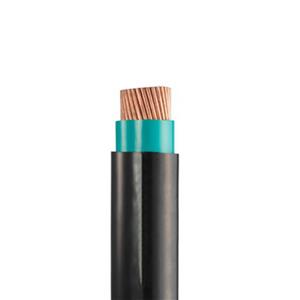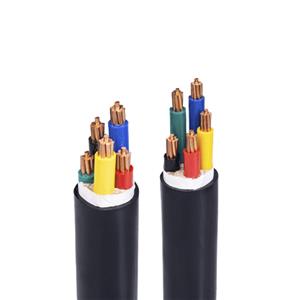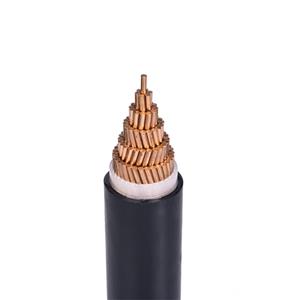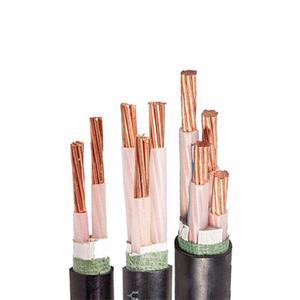What are the advantages of aluminum alloy cables?
Some customers may wonder whether aluminum alloy cable is the best substitute for copper cable. To understand this question, we need to understand the performance and price differences between aluminum alloy cable and copper cable. Now, wire and cable manufacturers will discuss with you whether aluminum alloy cable is the best choice to replace copper cable.
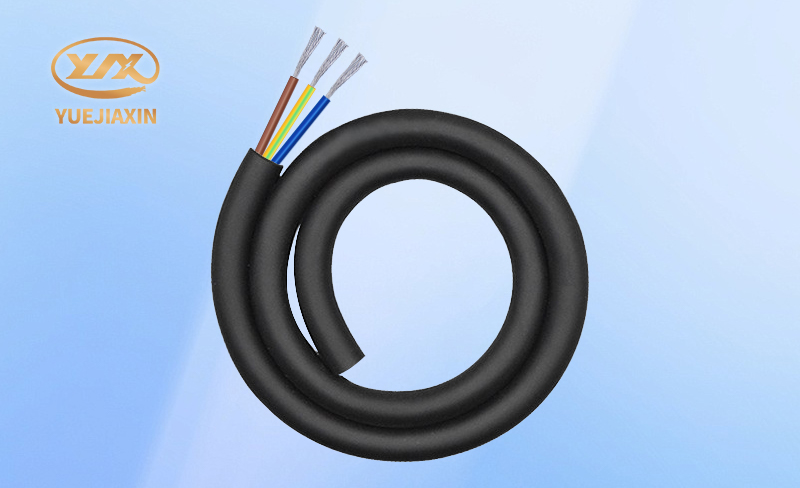
First of all, what is aluminum alloy power cable? Aluminum alloy power cable is a power cable with aluminum alloy as the main conductor material, copper, iron, magnesium, silicon, zinc, boron and other alloy elements added, and produced by special process. What are the advantages of aluminum alloy power cable over copper core cable? The conductor performance is improved. Aluminum alloy power cable has greatly improved the mechanical properties of aluminum alloy conductors by adding alloy elements to pure aluminum, and enhanced bending, creep resistance and corrosion resistance. The weight of aluminum alloy cable is lighter than that of copper cable. The conductivity of aluminum alloy is 61.5% of that of copper, and the current carrying capacity is 79% of that of copper. The weight of aluminum alloy cable with almost equal current carrying capacity is only 65% of that of copper core cable. The comprehensive labor cost of transportation and engineering laying is also greatly reduced. Most importantly, aluminum alloy power cable is cheaper than copper core cable.
Compared with copper core cable, aluminum alloy cable has incomparable advantages over copper cable in terms of weight, price and laying and installation. In other words, under the premise of the same electrical performance and better mechanical performance, aluminum alloy cables have significant economic effects and a wide range of applications.
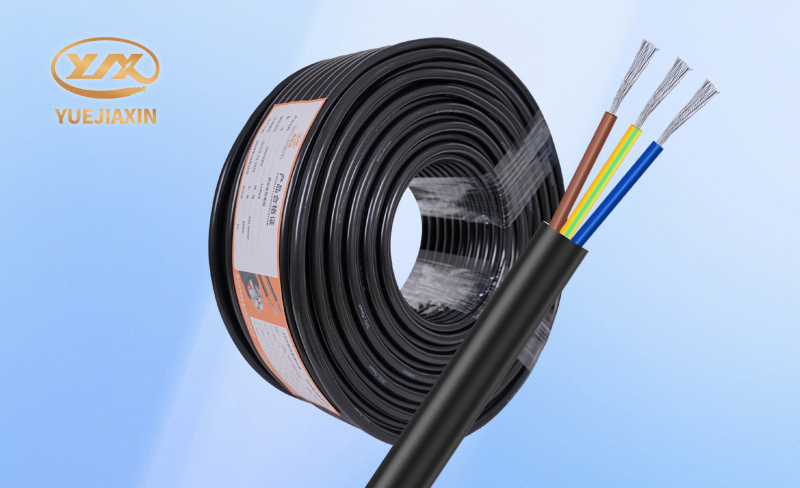
Whether to use aluminum alloy cable or copper cable should be determined according to the actual situation. From the perspective of the scientific performance of metal materials, copper cable and aluminum alloy cable each have their own advantages and specialties. When copper cable is applicable, aluminum alloy cable cannot be used. When aluminum alloy cable can be used, aluminum alloy cable should be used to the maximum extent. It is completely feasible in terms of electrical performance, mechanical performance and economic performance.
- PVC-Insulated Cable
- 450/750V BV Single- Core Cu/PVC Cable
- 450/750V BVR Single- Core Cu/PVC Cable
- 300/500V Or 450/750V RV Single-Core Cu/PVC Flexible Cable
- 300/500V Or 450/750V RVV Multi-Core Cu/PVC/PVC Flexible Black Cable
- 300/500V Or 450/750V RVV Multi-Core Cu/PVC/PVC Flexible White Cable
- 300/500V Or 450/750V RVVP Multi-Core Cu/PVC/CWS/PVC Screened Flexible Cable
- 450/750V KVV Multi-Core Cu/PVC/PVC Control Cable
- 450/750V KVV22 Multi-Core Cu/PVC/STA/PVC Armoured Control Cable
- 450/750V KVVP Multi-Core Cu/PVC/CWS/PVC Screened Control Cable
- 450/750V KVVP2-22 Multi-Core Cu/PVC/CTS/STA/PVC Screened Armoured Control Cable
- 0.6/1KV PVC-Insulated PVC-sheathed Single-Core Power Cable
- 0.6/1KV PVC-Insulated PVC-sheathed Multi-Core Power Cable

